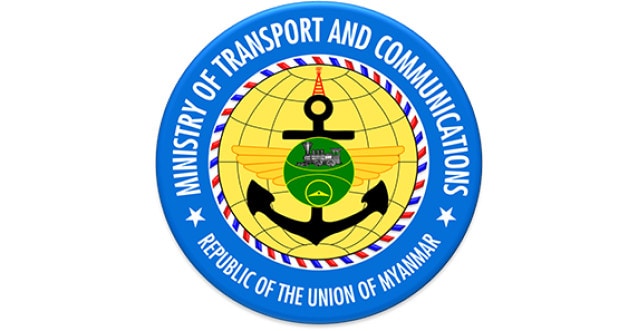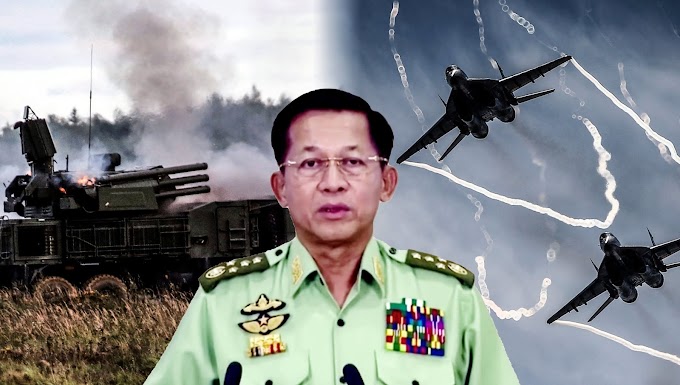
Myanmar’s decision to block access to ethnic news websites violates the right
Ambrosia
July 15, 2020

Reactions
You may like these posts
Blogger
About Me
ambrosia
Popular Posts
Gong of Tomorrow by okplolokpopaul
July 09, 2020
Recent Posts
10/recent/post-list
Contact Form
Translate
ambrosia
Followers
Subscribe Us
Categories
- //Myanmar Ambassador to the UN tells Human Rights 1
- A Rakhinese Got Murdered Piece By Piece Of Inhuman Burma Insurgent Army 1
- A angry man approached Gautama Buddha and started shouting at him. 1
- AOW briefing on investment driving conflict in Rakhine 1
- Allowing the privileged few to flee Hong Kong isn't liberation Yangyang Cheng 1
- Burma Army Attacks 1
- Burmese Army is using Rape 1
- Burmese army killed minority Rakhine innocent two men. 1
- Civil war has entered to the poorest Arakan state. Internet access has also been shut down. 1
- Civilian Who Died in Custody in Myanmar’s Rakhine State Killed Himself 1
- Classic study of Murdoch method: For Victoria 1
- Covid-19 And The Rohingya: Hunger 1
- He ruling Bamar racist Suu Kyi defines the rule of law as glorifying state 1
- Japan: Cancel Financial Grant to Myanmar Police 1
- More evidence that stopping Min Aung Hlaing taking holidays in the UK 1
- SHOCKING STORY 1
- SITTWE 1
- The 172 deaths in the landslide in Hpakant must act as a catalyst to end the deeply corrupt 1
- The Bangkok Post is doing everything it can to smear yesterday's student rally 1
- Three of women were arrested in RananDwin villageof KyaukPhyu http://Township. 1
- Who can help to the innocent civilians? 1
- and Tortures Villagers in Western Burma 1
- military interventions upon myanmar.Burmese Military 1
- “We are very pooreed Rakhine rural people 1
Categories
Recent in Recipes
5/Food/post-list
Ambrosia
Designed with by Way2Themes | Distributed by Blogger Themes



0 Comments